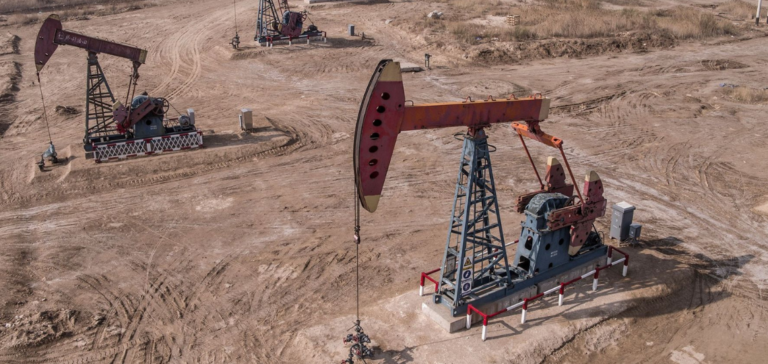The economic dynamism of Asia, particularly China and India, suggests a sustained demand for fossil fuels in the near future. Despite the turbulence caused by the pandemic, China is showing impressive signs of recovery, particularly in the transport and petrochemical sectors.
China and India: Driving demand for fossil fuels
Mike Muller, Managing Director of Vitol Asia, pointed out at the FT Commodities Asia Summit that Chinese demand for petroleum products has exceeded forecasts. Consumption of fuels such as gasoline and kerosene rose sharply, reflecting a rapid economic recovery from the health crisis. This trend is all the more remarkable given that China experienced a significant drop in demand during the pandemic.
Impact of the Petrochemical Sector on Oil Demand
The International Energy Agency (IEA) has revised upwards its oil demand and supply forecasts for 2023, thanks in part to Chinese demand. In September, China set a new record for oil consumption, exceeding 17 million barrels per day, boosted by a boom in the petrochemical sector.
Oil Market Outlook: Potential Balance and Surplus
However, these positive prospects are tempered by global challenges. Developments on the Venezuelan market, for example, with the easing of US sanctions, could reshuffle the cards when it comes to oil supplies. Increased availability of Venezuelan oil on the US market could reduce Asian imports of Venezuelan crude.
In terms of long-term forecasts, the petrochemicals and liquefied petroleum gas (LPG) sector will lead demand growth. Giovanni Serio, Head of Research at Vitol, predicts a balanced oil market, or even a surplus, for next year. He points out that demand for oil has already exceeded pre-pandemic levels.
Economic recovery in Asia, led by China and India, is driving a significant increase in demand for fossil fuels. Despite environmental challenges and technological advances, Asian markets remain key players in the energy sector.





















